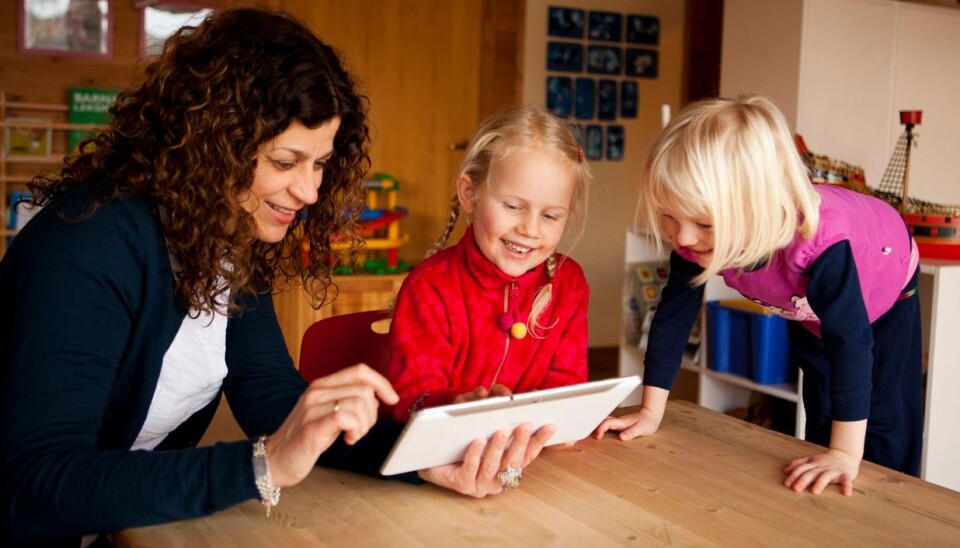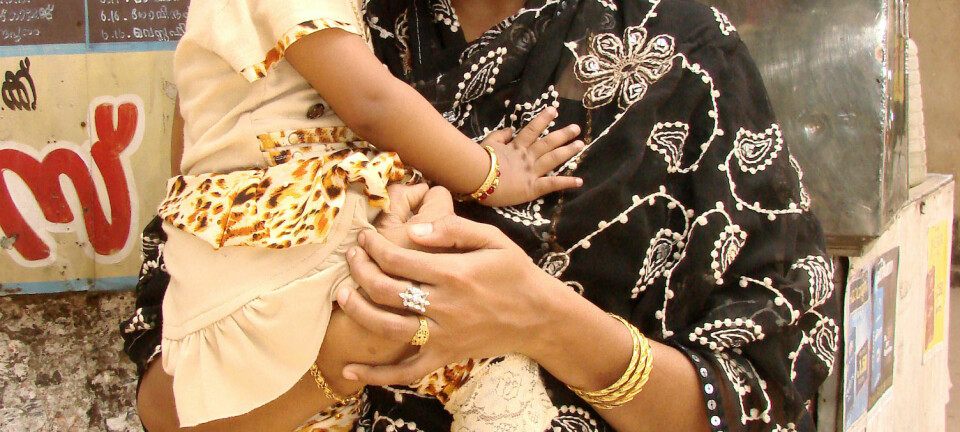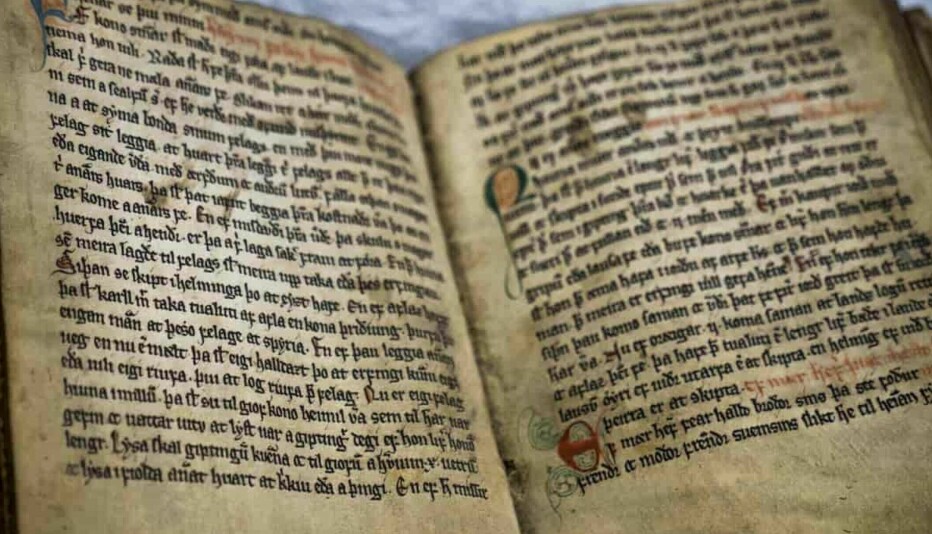This article was produced and financed by University of Stavanger

Making a game of research
Tablet computers are being adopted by behavioural scientists as a more efficient way to get information from young children.
Denne artikkelen er over ti år gammel og kan inneholde utdatert informasjon.
Children play frequently with their parents' tablets and smart phones.
The intuitive user-friendliness of a tablet’s touch-sensitive screen means that children as young as two or three years old can master the technology without difficulty.
This in turn has led to a minor digital revolution among the very youngest. A tablet in the home is now as common as a picture book.
A new data app developed by NettOp, department for web-based education at the University of Stavanger (UiS), will not only help researchers save time but also be more compelling for the youngsters.
Guided by scientists
The new app will be used by the Centre for Behavioural Research at the UiS in a project called Ready for School, which focuses on the transition from pre-school to primary school.
The researchers pays particular attention to the various factors that influence learning and performance by children in early-years education.
The tablet-based system comprises six tasks which assess children’s word and number comprehension, reading, memory and self-regulation.
The app will be used by children aged five to six in nursery schoosl. Some of the tasks will be guided by researchers, while other tasks will be performed by the children under the supervision of adults.
Competent children
“We see that kids are becoming competent with tablets at a younger age,” says Petter Mordt, who developed the app. “But few scientists use this device.”
NettOp, where Mordt works as a developer, specialises in producing content and solutions for web-based learning and communication.
The aim of the app is to enhance involvement by very young children, explains Associate Professor Ingunn Størksen at Centre for Behavioural Research. Long assignments using pen and paper can be demanding for this age group.
Expecting electronics
“Earlier we used flash cards when collecting information from youngsters, and to encourage them we said it was like a fun game," Størksen continues.
But children don't necessarily associate cards with games anymore.
“When we say ‘game’, they now expect something electronic,” says Størksen.
As a reward the children can choose a simple game on the tablet in order to help maintain their concentration during data collection.
Innovative project
Registration and storage of information obtained from children will be easier with the tablet, Størksen points out.
“This approach demands quite a lot of resources during the development of the app, but can make data collecting much simpler for researchers and for the children,” says Strøksen.
Both the researchers and the developers regard this as an innovative project, and that view is expressed by NettOp head Atle Løkken.
“I haven’t heard of anyone doing anything similar, at least not in Norway,” he says. “That’s why we thought this project was particularly interesting.”
------------------------------
Read this article in Norwegian at forskning.no
External links
- Centre for Behavioural Research at the University of Stavanger
- Ingunn Størksen's home page at the University of Stavanger

































